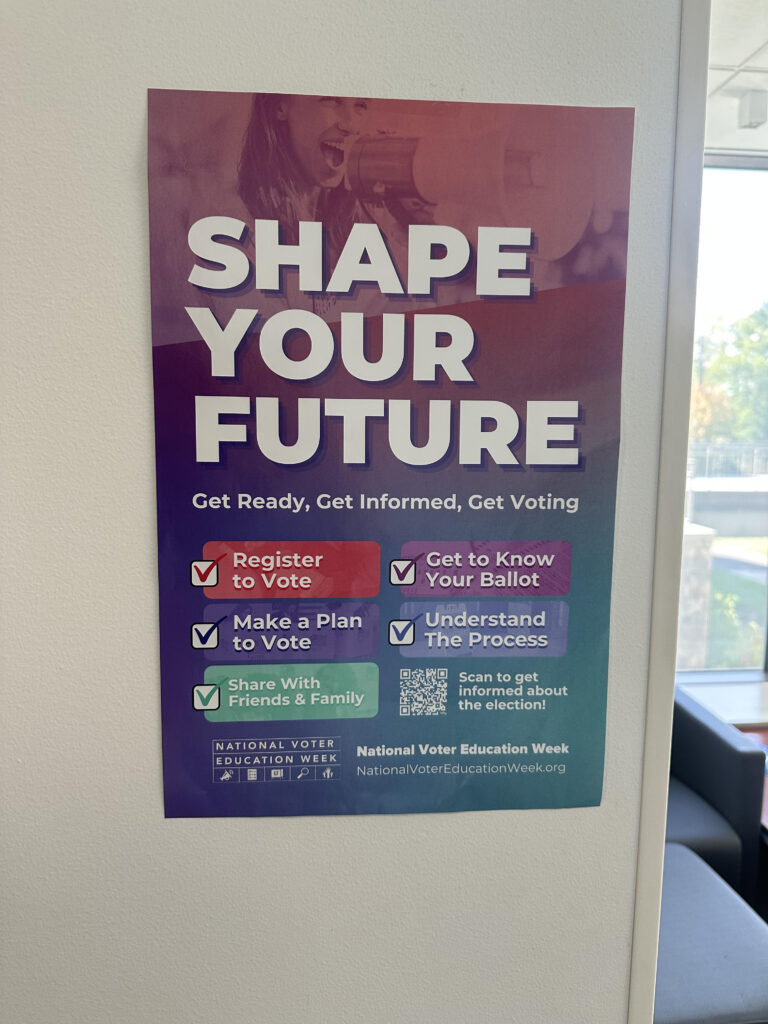

Plastic water bottles are probably one of the oddest developments that are still widely used in our society. According to storyofstuff.org, the American people buy more than 500 million bottles of water every week, which is enough to wrap around the Earth five times. What’s even more surprising is that plastic water bottles have a negative impact on your wallet, on your health, and on the environment as a whole. It’s time to stop living in ignorant bliss and to start thinking about what your actions are really doing.

First of all, let’s talk about money. According to banthebottle.net, to get your recommended amount of water every day from the tap would cost roughly $.49 a year, while that same amount of water in plastic bottles can cost $1,400 a year. Think of what you could do with that money. With an extra $1,400 in your pocket each year, you could go to the movies 136 times, go to Disney World 10 times or fly to Europe.

Now, you might be thinking that you don’t like the taste of tap water, that’s fine because there are a lot of different kinds of filters you can buy that will still save you tremendous amounts of money each year while giving your water the flavor you want.
Speaking of flavor, here’s the reason you don’t like the taste of tap water: chlorine. According to The Water Research Center, chlorine is put into your tap water to kill harmful bacteria, which is something not found in your Dasani or Aquafina water. Without chlorine in the water, plastic bottles are very vulnerable to bacteria which means that you are too, and this isn’t even the biggest health concern with drinking this water.

Plastic contains endocrine-disrupting chemicals such as BPA and xenoestrogen. Both of these chemicals pump estrogen into your body, disrupting your normal hormone levels. Newsweek spoke to about 20 scientists who specialize in BPA research, and their response was, “it is likely (though not certain) that the chemical plays a role in a litany of health concerns: obesity, diabetes, problems with fertility and reproductive organs, susceptibility to various cancers and cognitive/behavioral deficits like ADHD.” Though nothing is certain yet, we cannot ignore what these scientists are saying.
Now we need to talk about the big ugly lie: recycling. Most people I have talked to think that when plastic bottles are recycled they are made into more plastic bottles, but, as

Project Censored tells us, this isn’t the case. Plastic actually cannot be recycled, only broken down and made into other products such as doormats and textiles. But when these products are not in demand, the bottles are just thrown into a landfill or burned, releasing harmful chemicals into the air. And disposable bottles are far from disposable. We spend a ridiculous amount of money on something that we will use for ten minutes but will sit in a landfill for hundreds, even thousands, of years. Plastic is not biodegradable, so how can we call it disposable?
So, the next time you’re leaving the house, fill up a reusable water bottle and take it with you rather than buying a plastic bottle from the vending machine at work or at school. Your wallet will thank you, your body will thank you and, most importantly, you will be doing something very simple that gets us one step closer to living sustainable lives.









